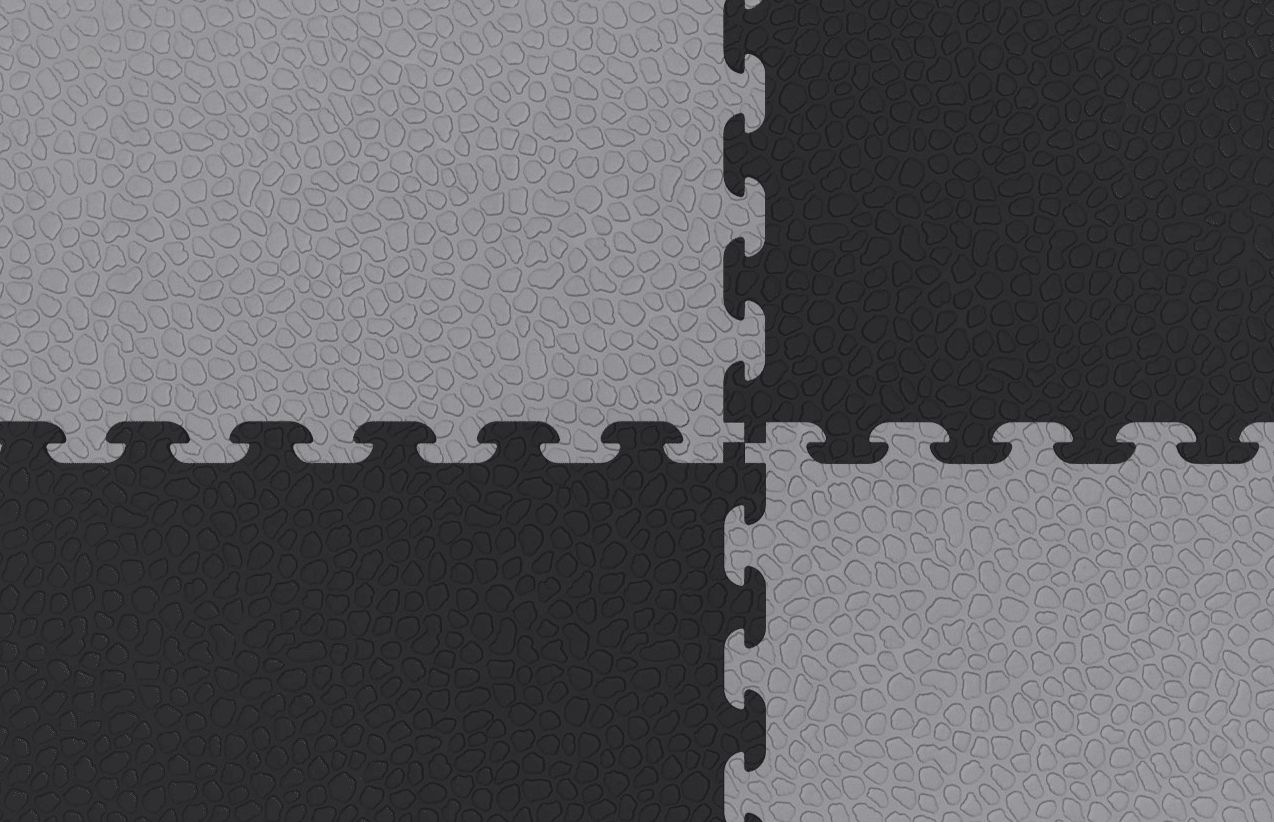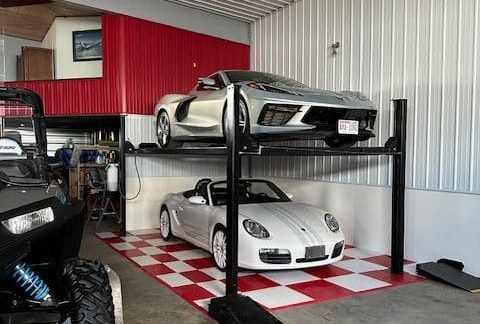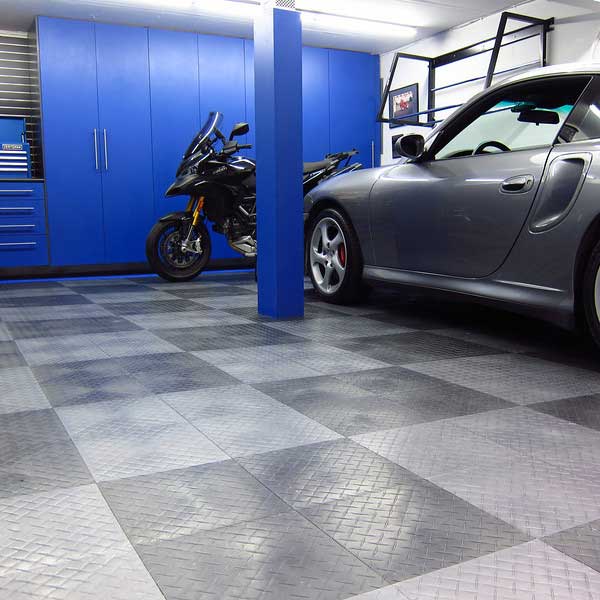You’re ready to upgrade your garage floor with a sleek coating or durable tiles, but have you considered what’s happening beneath the surface? At Garage Flooring LLC, we know that unseen moisture in your concrete slab can be a silent saboteur, potentially leading to costly and frustrating issues down the line. Understanding whether your floor has a moisture problem is the first crucial step in ensuring a long-lasting and successful garage floor transformation.
The Unseen Threat: Moisture Vapor Transmission (MVT)
Concrete, despite its solid appearance, is porous. Moisture from the ground can naturally wick its way up through the concrete slab in a process known as Moisture Vapor Transmission (MVT). The amount of moisture present can vary greatly depending on factors like the age of your concrete, the presence of an underlying vapor barrier, local climate, and drainage.
Why Does Moisture Matter for Your Garage Floor Finish?
Ignoring potential moisture issues can have significant consequences for your chosen flooring:
- Coating Failure: For popular options like epoxy and polyurea, excessive moisture pressure from below can cause the coating to lose adhesion, leading to unsightly bubbles, peeling, and eventual failure. This ruins the finish and leaves your concrete vulnerable.
- Moisture Trapped Under Mats: Trapped moisture creates the perfect breeding ground for mold and mildew, leading to unpleasant odors, health concerns, and further damage to your garage and belongings.
How to Identify Potential Moisture Issues in Your Garage Floor:
While a professional moisture test is the most accurate way to assess the situation, here are some telltale signs that your garage floor might have a moisture problem:
- Dampness or Wet Spots: Noticeable damp areas on the concrete surface, especially after rain or in humid conditions.
- Efflorescence: The appearance of white, powdery mineral deposits on the surface of the concrete. This indicates moisture carrying salts to the surface as it evaporates.
- Darkened Areas: Patches of concrete that consistently appear darker than the surrounding areas, suggesting trapped moisture.
- Musty Odors: A persistent damp or musty smell in your garage can be a sign of elevated moisture levels.
- Previous Flooring Failures: If previous coatings or floor coverings have peeled, bubbled, or shown signs of moisture damage, it’s a strong indicator of an ongoing issue.
- Perform a Plastic Sheet Test: If you are unsure if your floor has a moisture issue, you can “seal” plastic sheets onto the floor with tape on all sides and check underneath the plastic 24 hours later to see if there is moisture buildup. If there is none, your floor is not likely to have a problem with MVT. If you do have moisture under the plastic, the best thing to do next is perform a Calcium Chloride test to measure the amount of moisture so that you can determine if a coating will work over the floor.
- Perform a Calcium Chloride Test: You can purchase a relatively inexpensive Calcium Chloride test kit to get a quantitative measure of the moisture vapor emission rate from your concrete. This test involves sealing a measured amount of calcium chloride onto the concrete surface for a specific period and then weighing it again to determine how much moisture it has absorbed. The results can help you determine the severity of the MVT.
Your Options When Dealing with Concrete Moisture:
At Garage Flooring LLC, we offer solutions to help you tackle potential moisture issues and achieve a beautiful and long-lasting garage floor:
- Moisture Vapor Barrier Primers (for Coatings): If you’re set on a seamless epoxy coating or polyurea coating and your concrete shows signs of moisture, a specialized moisture vapor barrier primer is a critical first step. These primers are designed to penetrate the concrete and create a protective layer that blocks the upward migration of moisture, ensuring proper adhesion and preventing coating failure.
- Breathable Garage Floor Tiles: Our garage floor tiles offer a unique advantage in situations where moisture might be present. Many of our tile options feature airflow channels on their underside. These channels allow for air circulation beneath the tiles, enabling any moisture vapor rising from the concrete to evaporate naturally. This design often eliminates the need for a separate moisture vapor barrier primer when installing tiles.
Protect Your Investment – Understand Your Concrete:
Before you invest in a new garage floor finish, take the time to assess your concrete for potential moisture issues. Choosing the right approach, whether it’s a moisture vapor barrier primer before a coating or the breathable design of our garage floor tiles, is crucial for ensuring the longevity and beauty of your upgraded space.
Ready to choose the right flooring solution for your garage?




